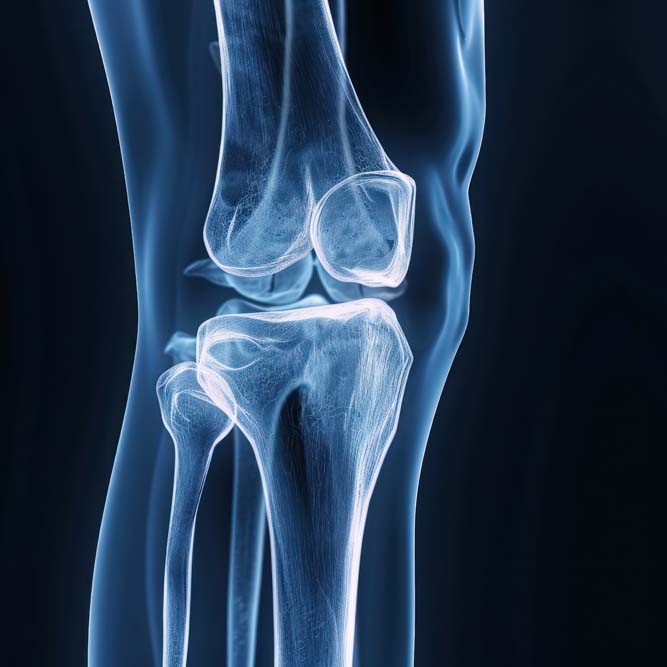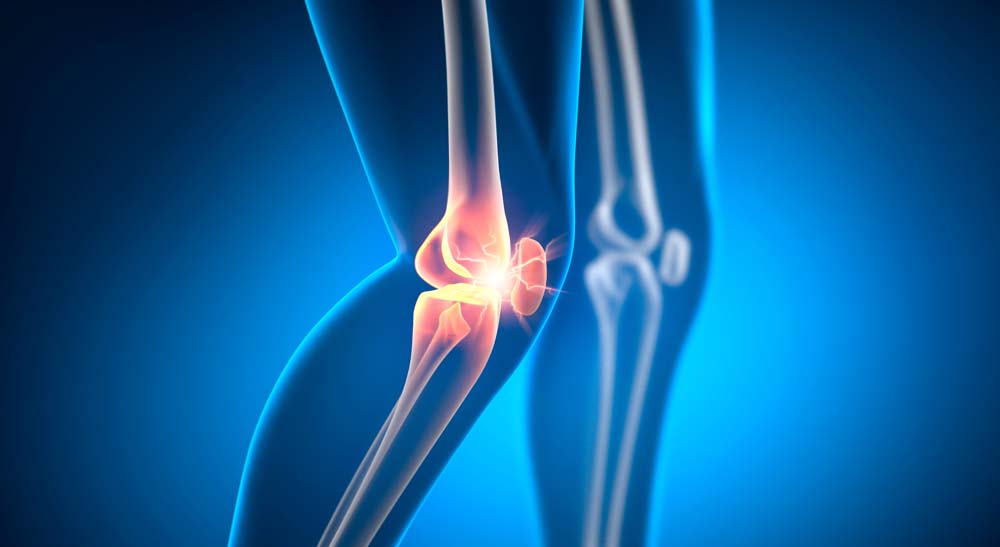
Your knee is a remarkable joint that lets you move, bend, and carry your body weight. Inside the knee are two C-shaped pieces of cartilage called menisci. They act like shock absorbers, cushioning your bones and helping keep your knee stable.
Sometimes the meniscus can tear, causing pain, swelling, stiffness, and instability. If the tear is too severe to repair with standard surgery, a meniscal transplant may be an option.
What is a meniscal transplant?
A meniscal transplant is a surgery where a damaged or missing meniscus is replaced with a healthy one from a donor. The goal is to restore cushioning, improve knee stability, relieve pain, and help prevent arthritis in the future. This procedure may be especially beneficial for individuals, such as truck accident victims, who have suffered severe knee trauma resulting in the loss or irreparable damage of the meniscus.


Who might need this surgery?
Not everyone with a meniscus tear needs a transplant. It is usually considered for people who:
- Are under 50 years old
- Have lost most or all of their meniscus in a previous surgery or injury
- Still have significant knee pain that limits daily activities
- Have little or no arthritis in the knee
- Have good knee alignment and stable ligaments
- Are motivated to complete a long rehabilitation program
This surgery is not recommended for people with advanced arthritis, significant knee instability, or poor overall knee alignment that cannot be corrected.
We Are
Impact Medical Group
Impact Medical Group provides advanced orthopedic surgical care to help patients restore mobility and live pain-free.
Our expert team specializes in spine, ankle, elbow, knee, hip, shoulder, hand, and wrist procedures, as well as fracture treatment, articular cartilage restoration, and joint replacement. We focus on personalized solutions and leading techniques to deliver the best possible outcomes.
Preparing for your meniscal transplant surgery with Impact Medical Group
Before the procedure, the team at Impact Medical Group will guide you through a comprehensive evaluation to ensure this is the right course of action and to properly plan for your surgery.
Before the procedure:
Imaging Tests
X-rays and MRI scans will assess the condition of your knee and the extent of the damage. These images also help determine the right size and shape for the donor meniscus to ensure it fits properly.
Donor Tissue Screening
The donated meniscus, which comes from a deceased donor, is thoroughly screened for infectious diseases to ensure it is safe and healthy. Unlike some organ transplants, the body usually does not reject meniscal tissue, so immunosuppressants are not necessary.
Medical History and Medications
Share all medications and supplements you are taking with your provider at Impact Medical Group. They will advise if you need to stop certain medications, such as blood thinners, before surgery.
Lifestyle Considerations
Smoking and heavy alcohol use can interfere with healing. Your care team will recommend quitting or reducing these habits before surgery.
Pre-Surgery Instructions
You will receive detailed instructions on when to stop eating and drinking before the procedure and how to prepare your home for recovery.
Logistics
Since you’ll need crutches and limited mobility after surgery, plan for transportation home and any help you might need while recovering.
During the surgery
Meniscal transplant surgery at Impact Medical Group is typically done using minimally invasive arthroscopy, which uses small incisions, a camera, and specialized tools.
What to expect:
Anesthesia and Preparation
You’ll receive either general anesthesia (to sleep) or regional anesthesia (to numb the leg).
Joint Preparation
The surgeon will clean and prepare your knee, removing any remaining damaged meniscal tissue while preserving a small rim for healing.
Graft Placement
The donor meniscus is inserted into the knee and secured with sutures or specialized devices to hold it in place.
Closure
After confirming stability, the incisions are closed, and a dressing is applied.
Your Path to Recovery
Full recovery takes time, patience, and consistent effort following your prescribed physical therapy program.
- Time and Patience: Healing is a gradual process that requires both.
- Consistent Effort: Sticking with your exercises is key to progress.
- Personalized Program: Your physical therapy plan is designed specifically for you.
Immediately after surgery:
- Use crutches and keep weight off the knee for several weeks
- Wear a brace to protect the knee
- Manage pain and swelling with ice, rest, and prescribed medication
Rehabilitation:
- Begin gentle exercises to restore motion and strengthen surrounding muscles
- Gradually increase weight-bearing and activity as guided
- Progress to more advanced strengthening and balance exercises over time
Many meniscal transplant patients return to regular daily activities within 6 months, while sports and higher-impact activities may take 8–10 months or longer.
What are the risks?
As with any surgery, meniscal transplant comes with some risks, such as:
- Tear or failure of the transplanted meniscus
- Infection
- Stiffness or reduced motion
- Pain or weakness
- Rare nerve or blood vessel injury
Your surgeon at Impact Medical Group will explain these risks and how they are managed.

Is a meniscal transplant right for you?
A meniscal transplant can help restore function and reduce pain for certain patients. At Impact Medical Group, we’re here to answer your questions, guide you through your options, and help you make the best choice for your health and lifestyle.
If you’re struggling with knee pain after a significant meniscus injury or surgery, contact Impact Medical Group today to discuss whether a meniscal transplant could be the next step on your path to recovery.


